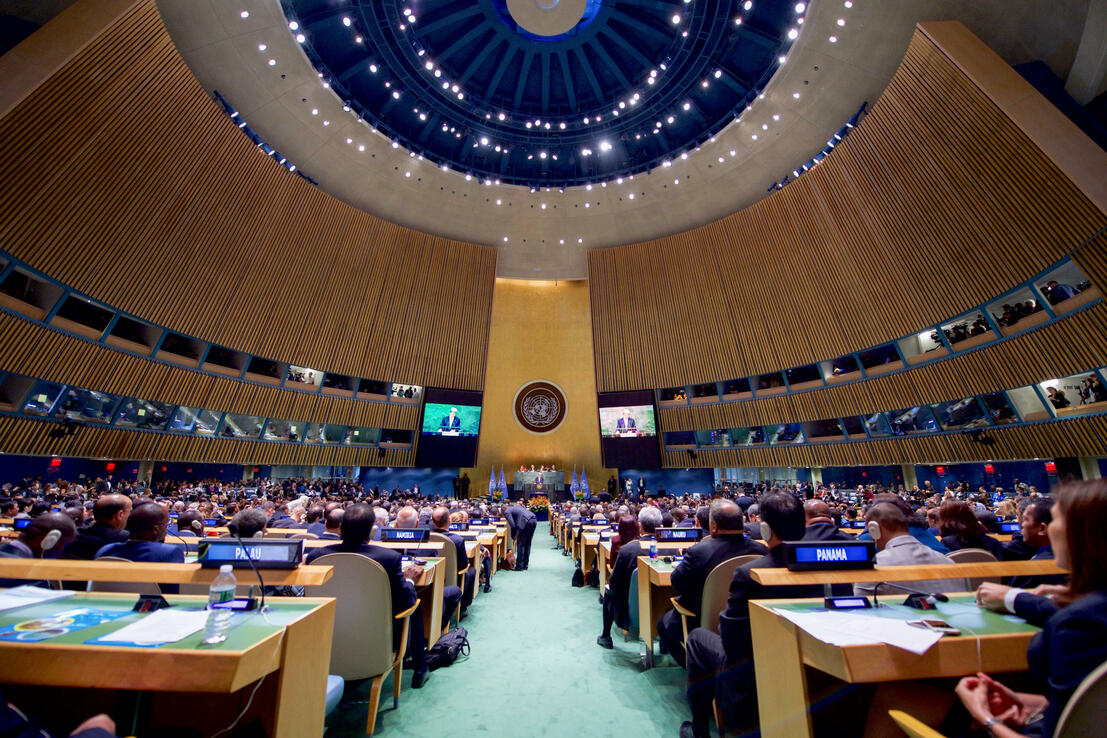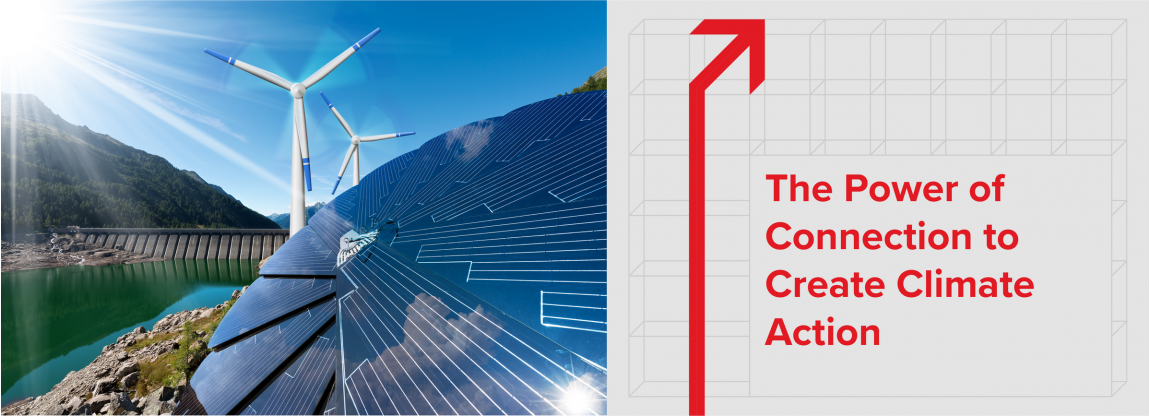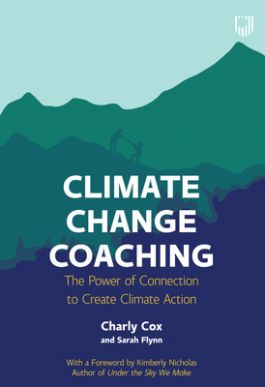The Power of Connection to Create Climate Action
What do a health coach, a sustainability consultant, a parent of young children, and a Women’s Institute member all have in common? Answer: they have all successfully influenced people to take action on climate change by using the same secret weapon – coaching skills.
But what on earth do coaching skills have to do with the pressing needs of the climate crisis? While this subject conjures up images of polar bears and wind turbines, the real truth is that human behaviour is at the heart of the crisis; and we hold the power to address it. Yet the scale of the problem often leaves us feeling powerless, not powerful. People care, but they feel overwhelmed and incapable.
When we shift the frame away from the environment to the human psychology of climate change, we discover something common to all big systems challenges: a lack of belief in ourselves and our systems, be they communities, companies or governments. When we can reframe climate change as a human change challenge, a huge number of human change tools open up to us that can rekindle that belief.


"Those who are making the most progress know that the key to galvanising action is understanding what helps and hinders humans to change."
In 2016, when I started reflecting more deeply on the climate crisis, it became clear that what we were facing was a crisis of confidence, not a lack of technical solutions. Over the last six years, my co-author Sarah Flynn and I, along with our team at the Climate Change Coaches, have codified a set of systems coaching skills and behaviours that significantly increase the effectiveness of people driving climate action.
Our book Climate Change Coaching: The Power of Connection to Create Climate Action is the first book about this emerging discipline within the coaching industry. In it we feature 40 contributors from across the climate world, including academics, business leaders, sustainability consultants, parent and community activists and of course, professional coaches. Those who are making the most progress know that the key to galvanising action is understanding what helps and hinders humans to change.


This takes courage, but not the kind you might imagine. It’s easy to get gripped by scarcity, feeling that we don’t have time for “nice” conversations. Yet we have consistently found that the best results come when we slow down and take the time to connect, rather than forcing a climate conversation aggressively. By putting the relationship first, we are on much more solid ground when we need to introduce a challenging topic. When we create safe, blame-free conversations in which we offer ideas rather than pushing solutions, we can gain much more clarity about what is holding others back from taking action. This is what coaches do every day, and with our book we hope to teach coaches and many other people how to do this to create climate action.
"When we feel truly connected to others, we revive our collective sense of possibility and belief in humankind’s goodness, rather than reflecting on its damage."
In our experience, everyone has a ‘hook’ or a reason to care and act on climate change, but often we’re not listening closely enough to find out what that is, or what is holding someone back from acting on it. Sustainability consultant Ellie Austin writes in our book about sensing that a Managing Director with whom she worked was feeling overwhelmed by the plans they had created together and was in danger of pulling out. Rather than reiterating why the plans were sound, she empathised with how he felt and asked powerful coaching questions to change his perspective. Ellie got the strategy back on track and improved their working relationship.
By taking a similarly non-judgmental, patient approach, Women’s Institute member Jill Bruce achieved the incredible and converted climate sceptic MP Sir Bernard Jenkin to declare publicly that he is dedicating the rest of his political career to the climate crisis. Meanwhile, professional health coach Elizabeth Bechard had a client who wanted to act on climate but assumed that she would have to go on marches and disliked the idea. Elizabeth helped her client to connect deeply to her sense of purpose, from which she found a new definition of ‘activism’ that felt more resonant. In all of these cases, climate change coaching skills and behaviours helped people to engage with the subject, feel safe enough to admit that they were stuck, and then define a way to contribute that made sense to them.
When we feel capable, we make choices that feel exciting and motivating, and are less likely to be driven by a ‘should do’ agenda or things that make us feel guilty. That’s good news for us, but it’s also the key to enrolling other people, because who wouldn’t want to get involved with what you’re doing when it looks so purposeful and even fun?
Conversely, one of the main reasons that people disengage, even after they have started to take climate action, is that they feel alone or unsupported. When we connect well together, we have the ability to shift systems and create broadscale change.


Connection is not just how we work one-to-one to create climate action, it is also the magic ingredient to overcoming our lack of faith in our systems. When we are able to hear beyond someone’s powerlessness, we can hear how much they care. And when we feel truly connected to others, we revive our collective sense of possibility and belief in humankind’s goodness, rather than reflecting on its damage. This is why for us, connection has the power to create climate action.
Charly Cox is a fully trained coach, professional facilitator, Founder of the Climate Change Coaches, and an armchair behavioural economist.
Climate Change Coaching by Charly Cox and Sarah Flynn will be available to purchase in June of 2022.



